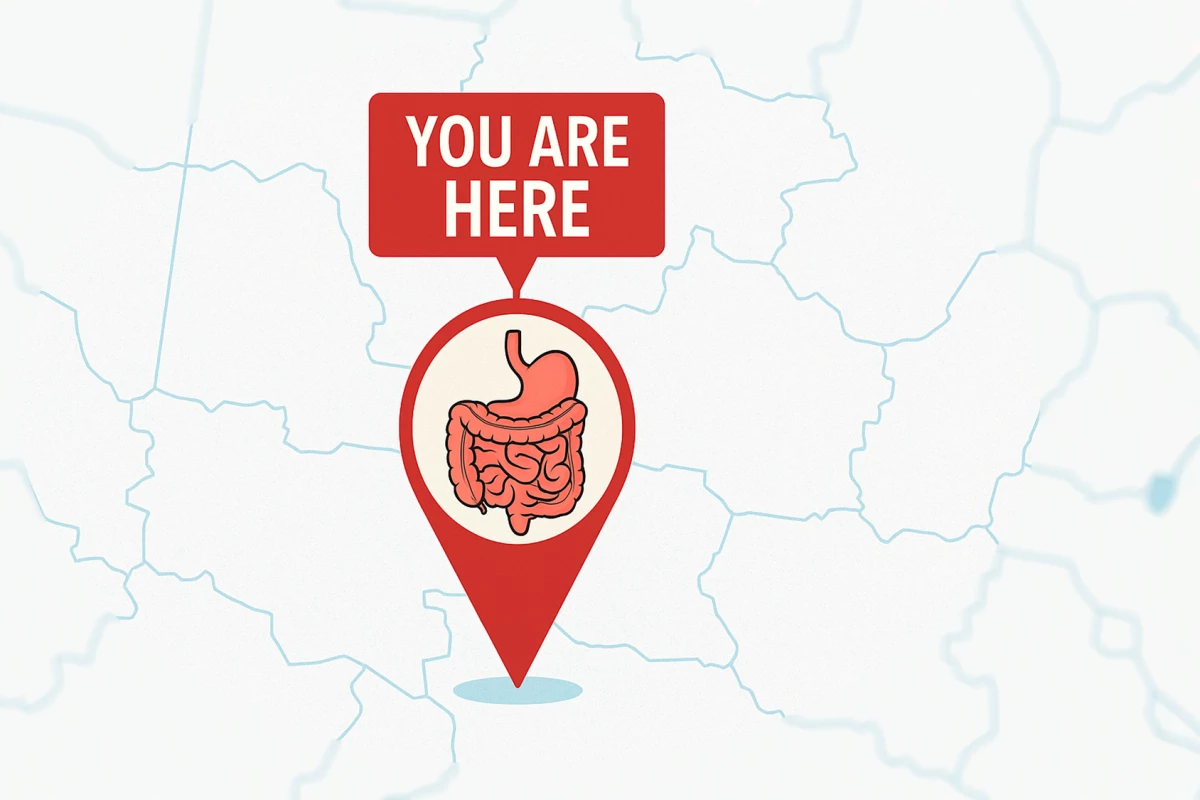A recent study led by BGI Genomics, a precision medicine company based in China, has revealed that individuals’ gut microbiomes can predict their city of residence with an impressive 94% accuracy. This groundbreaking research highlights the intricate relationship between gut bacteria and regional dietary habits, suggesting that our microbiome may disclose more about us than previously understood.
The study involved 381 healthy adults from two cities in Hubei Province: Wuhan and Shiyan, which are located approximately 500 kilometers apart. Participants had no significant health issues and had not taken antibiotics for at least three months prior to the study. Researchers collected fecal samples and analyzed them using advanced shotgun metagenomic sequencing techniques.
Research Findings and Methodology
The analysis identified 649 bacterial species and 515 metabolic pathways within the samples. By employing machine learning algorithms, the researchers classified the participants based on their gut microbiota, revealing statistically significant differences in microbial diversity and composition between the two cities. For instance, individuals from Wuhan exhibited higher levels of Bacteroides stercoris, a bacterium known for its role in breaking down complex carbohydrates. In contrast, the microbiomes of those from Shiyan were dominated by Prevotella copri, which is similarly involved in fiber digestion.
The researchers noted that the microbiome of Wuhan residents was more active in metabolic pathways associated with plant-based diets. Conversely, Shiyan’s microbiome showed characteristics indicative of higher protein or processed food consumption, although the study did not directly measure dietary habits. The geographical and cultural contexts of the two cities played a crucial role in shaping these microbiome differences. For example, Wuhan’s wetland environment likely influences its residents’ diets, which include freshwater fish and leafy greens, while Shiyan’s proximity to regions known for wheat-based meals contributes to its unique microbial landscape.
Implications and Limitations
The study’s findings have significant implications for various fields, including forensics and health. The ability to identify a person’s regional origin through microbiota could be valuable in investigations involving missing persons. Furthermore, the distinct microbiota patterns suggest that dietary and probiotic interventions might be more effective if tailored to specific regional populations.
Despite its noteworthy results, the study does have limitations. It focused solely on two cities within one province, raising questions about the broader applicability of the findings. Additionally, the participant demographic was skewed, with a higher proportion of men than women, which may influence the results. Important lifestyle and dietary data were not collected, leaving a gap in understanding how these factors might contribute to the observed microbiome variations. The study also did not track participants over time to assess the stability of their microbial signatures.
Published in the journal Frontiers in Microbiology, this research adds to the growing body of knowledge surrounding the gut microbiome’s role in health and disease. As scientists continue to uncover the complexities of our gut bacteria, this study underscores the potential for advanced machine learning techniques to provide insights into human health and regional characteristics tied to our microbiomes.
